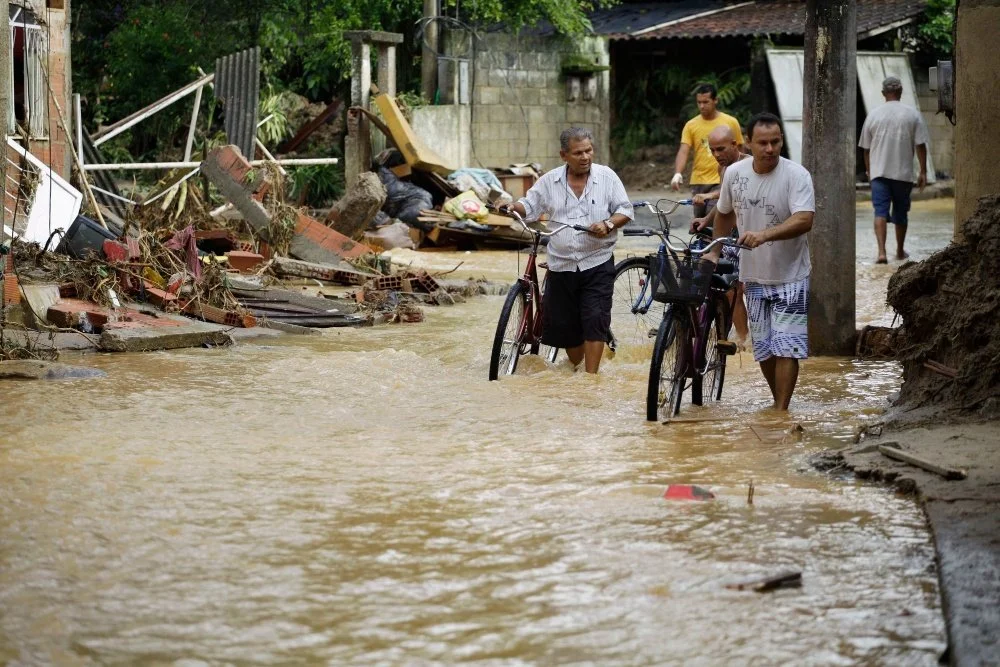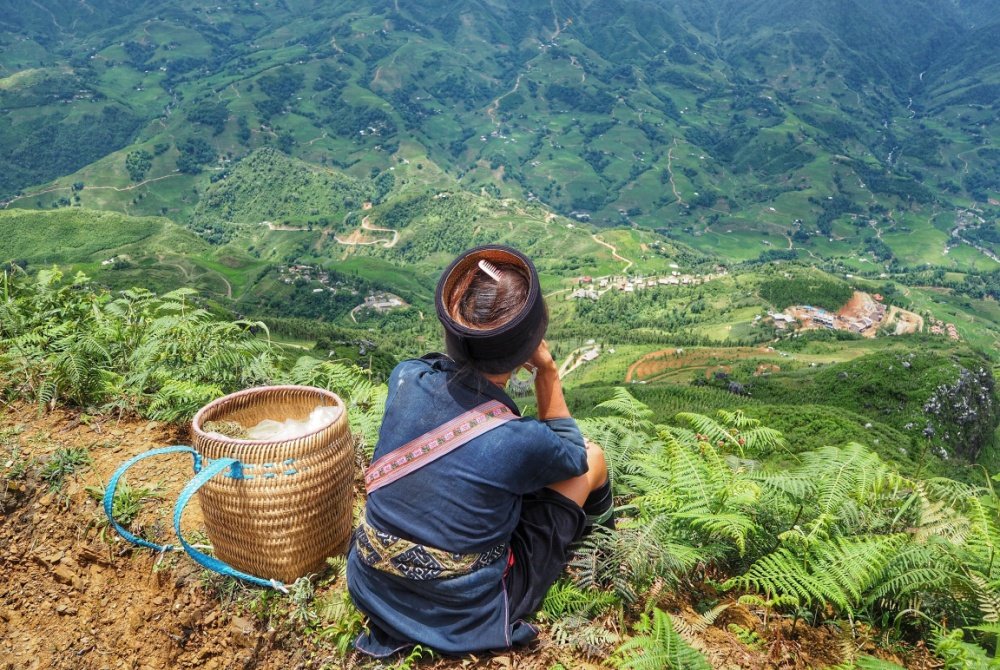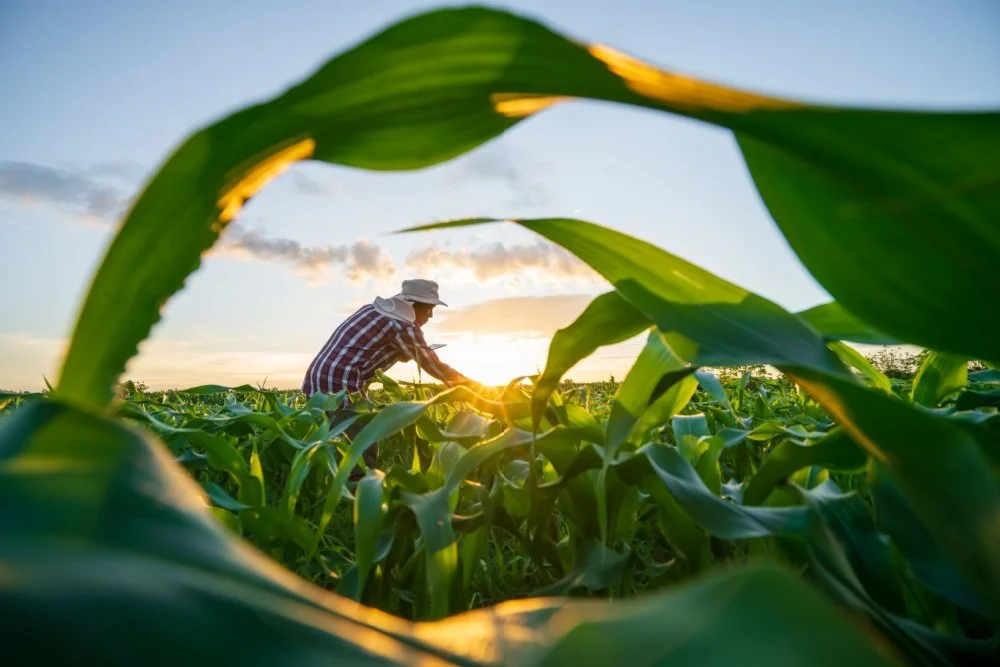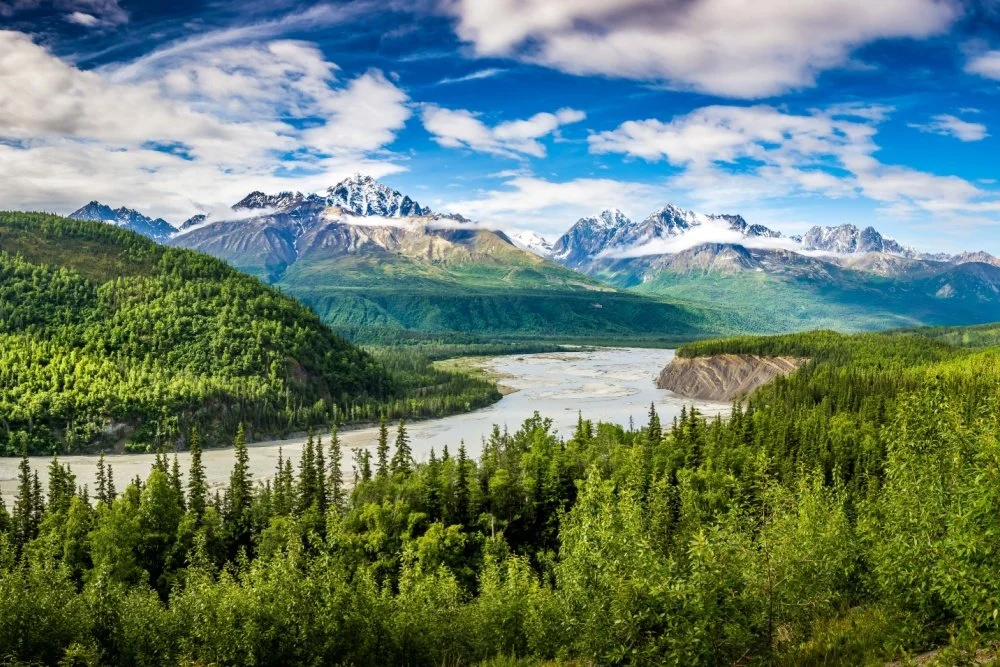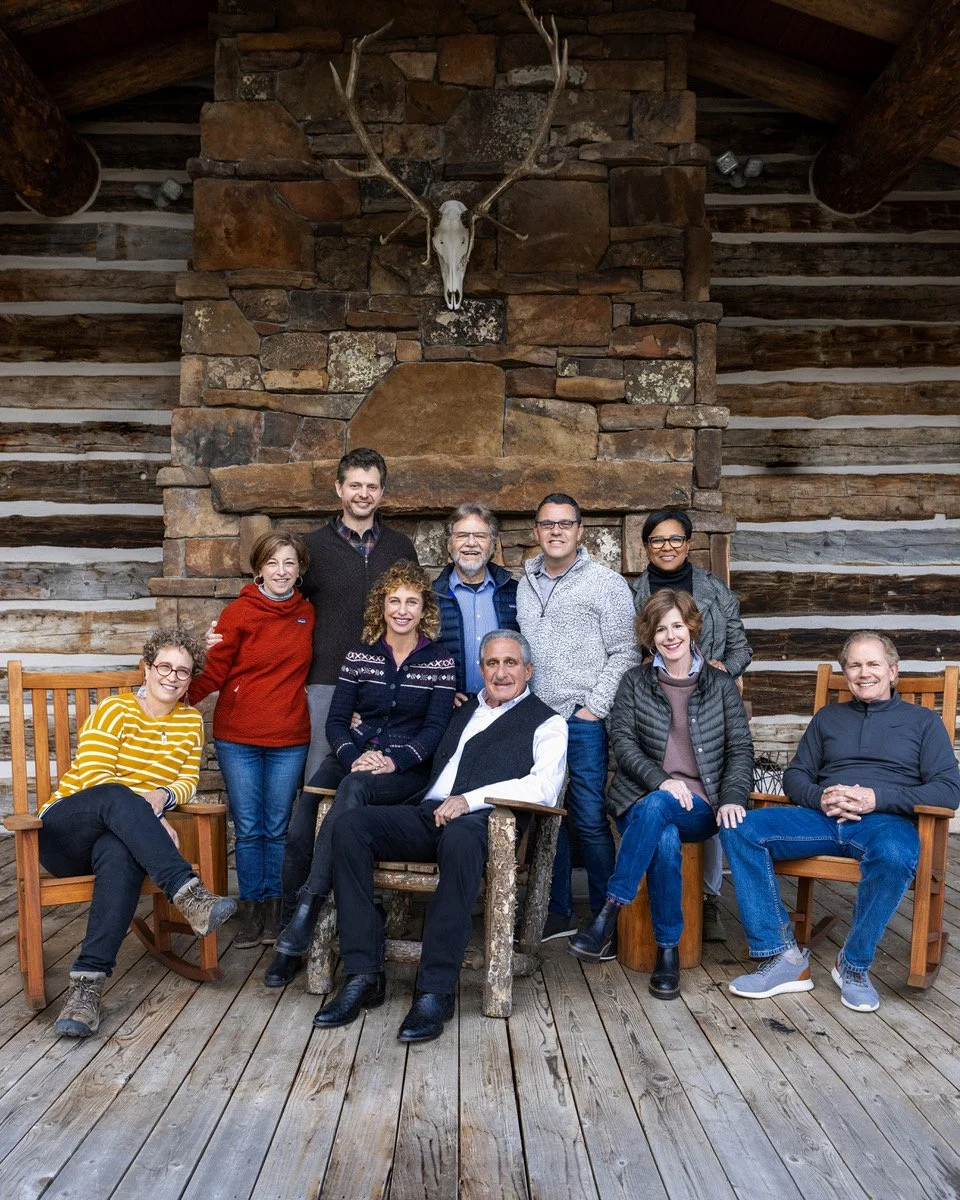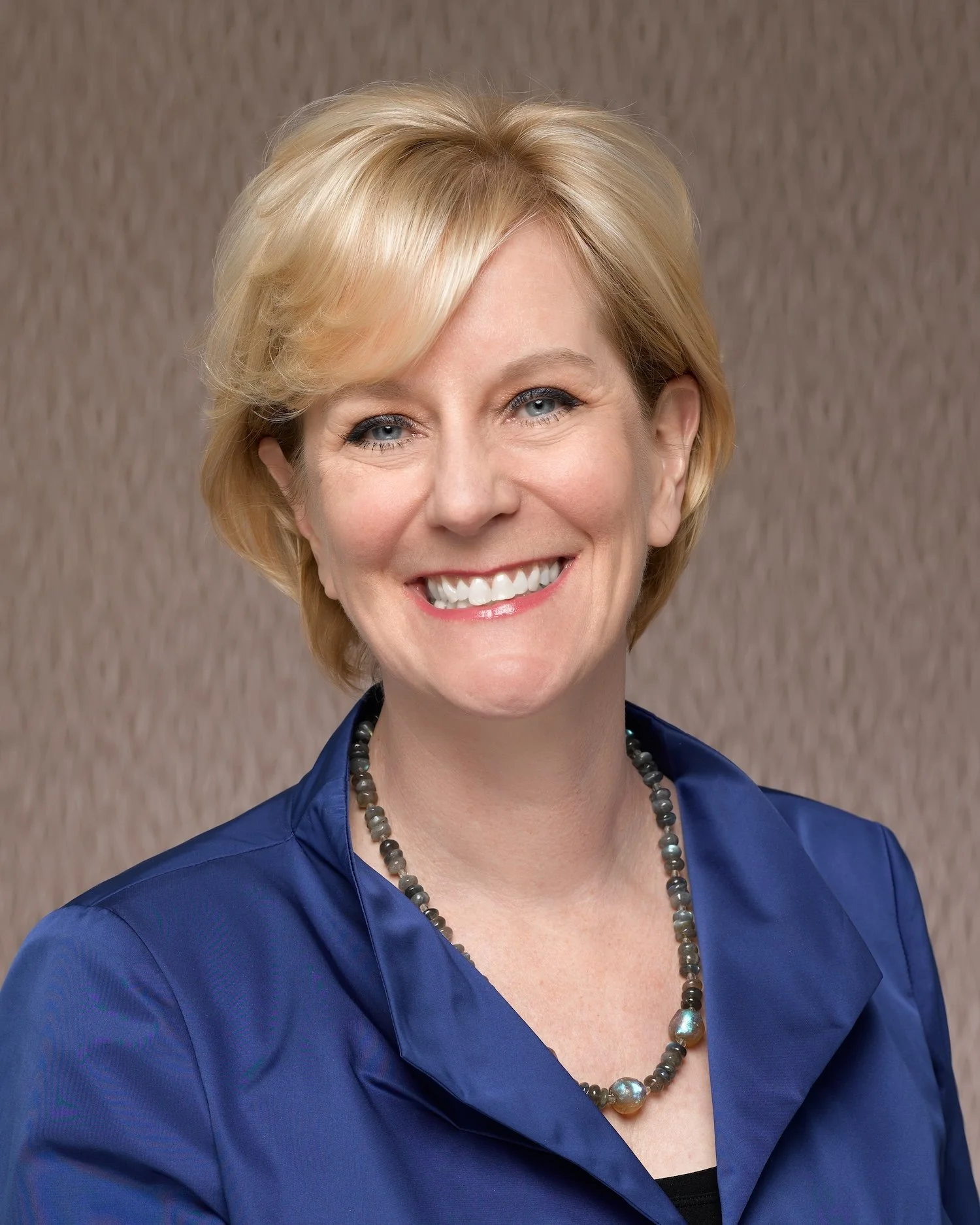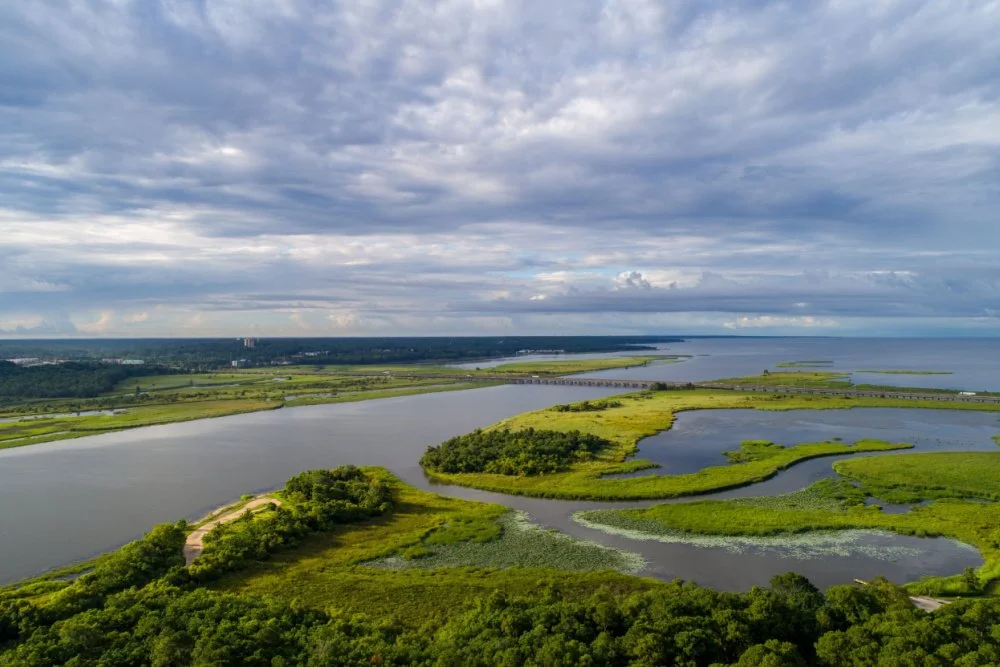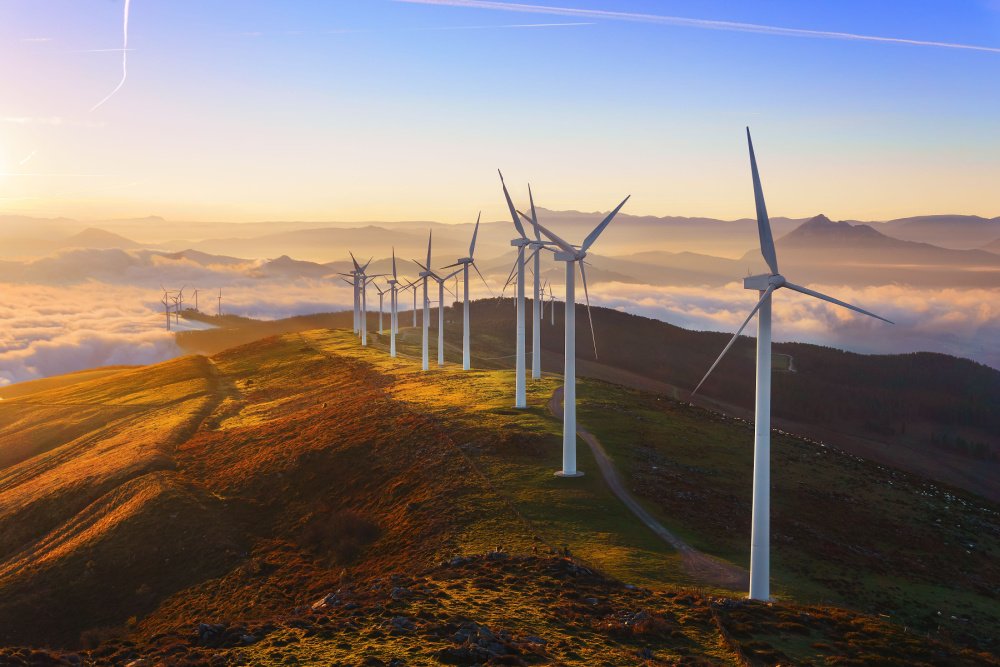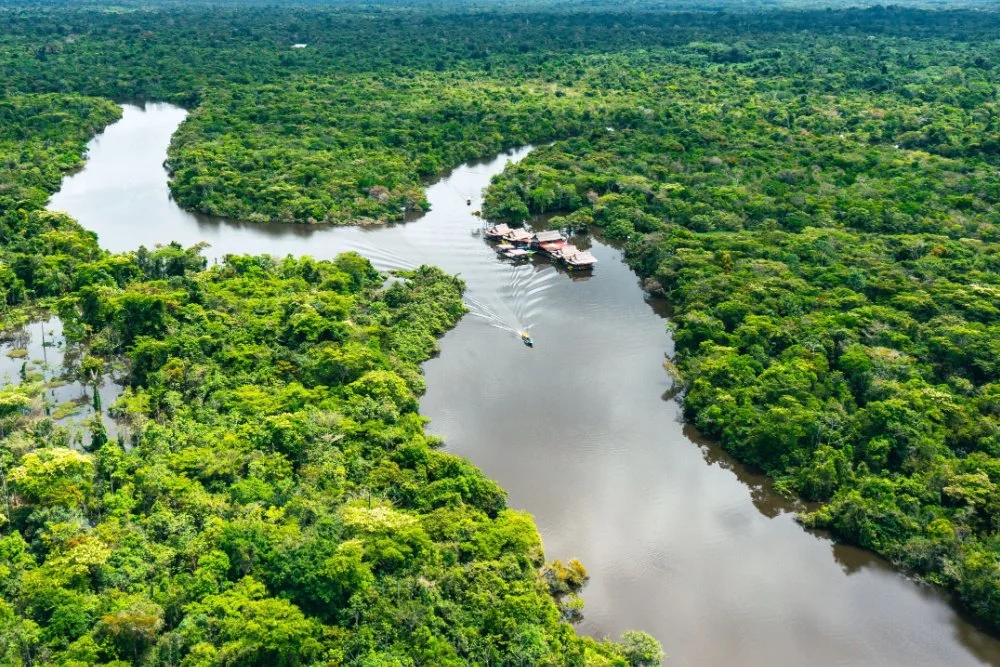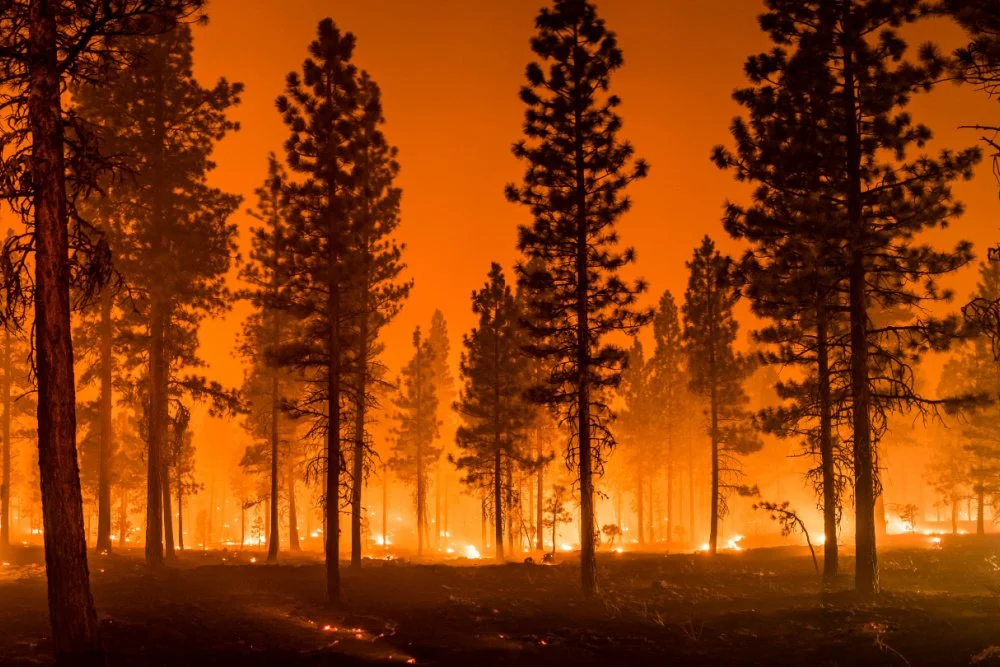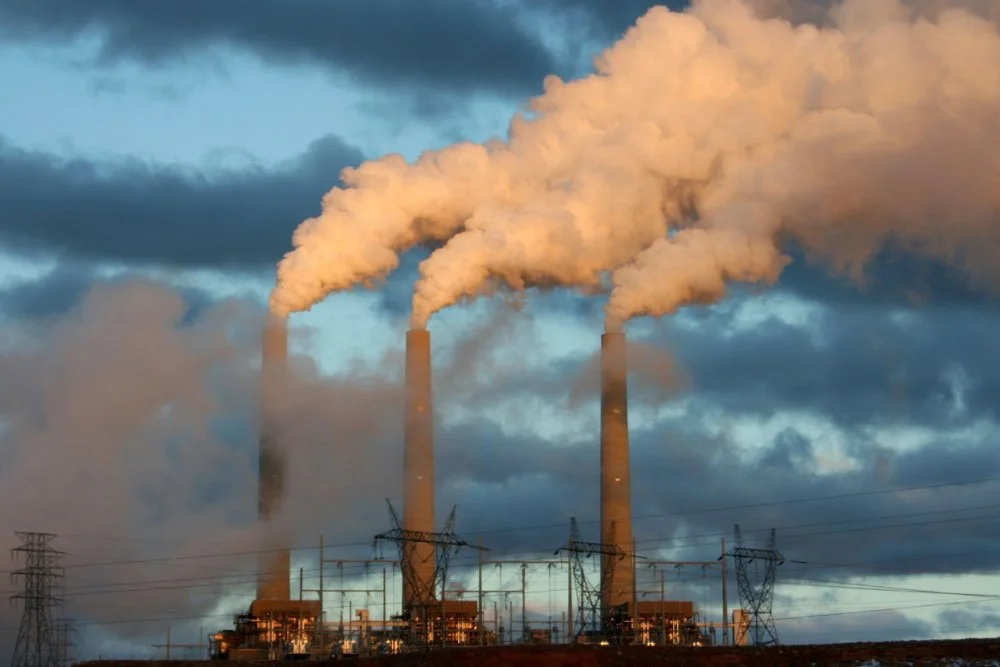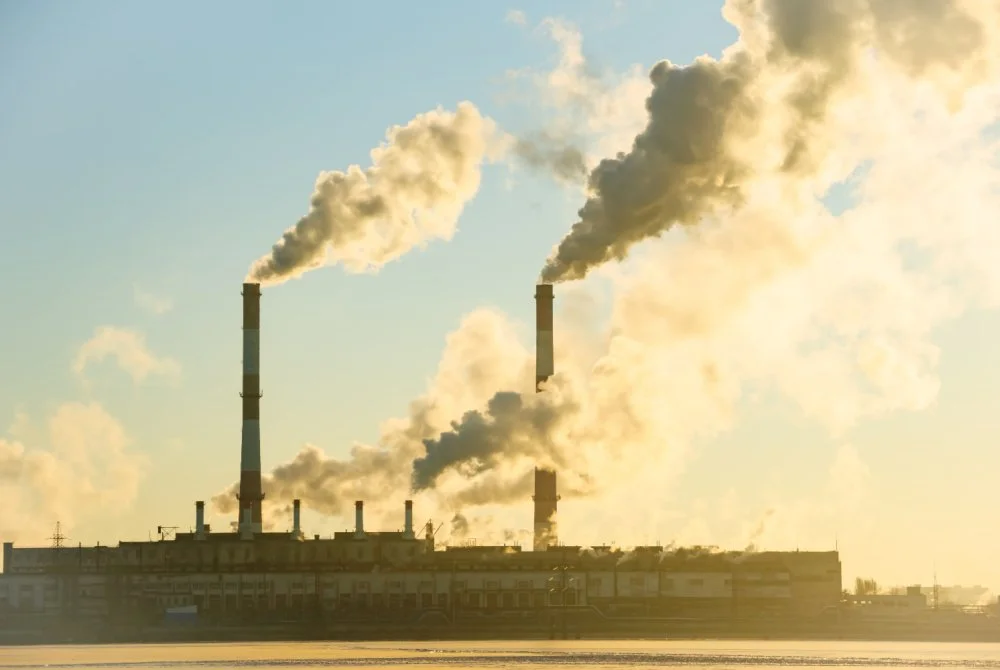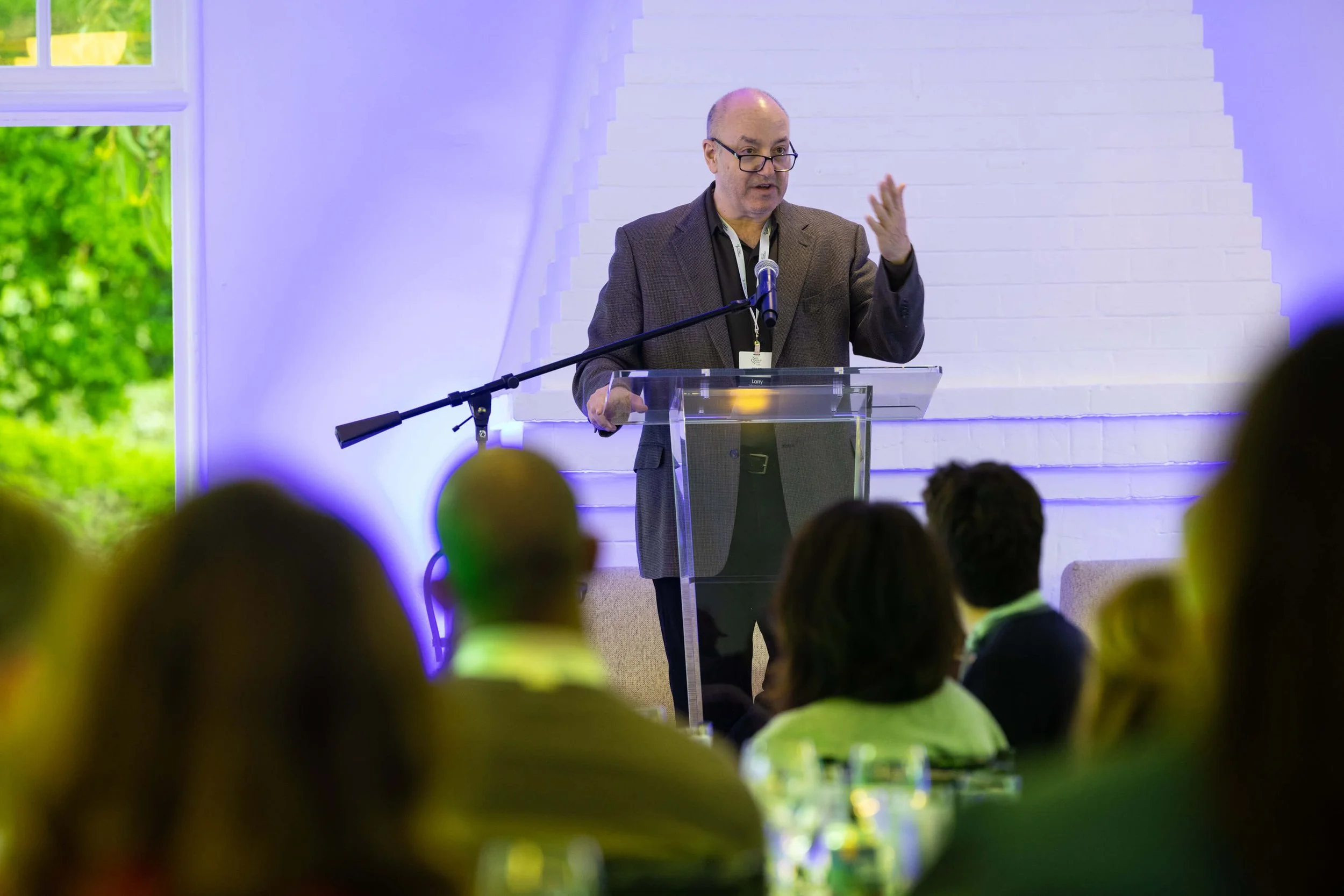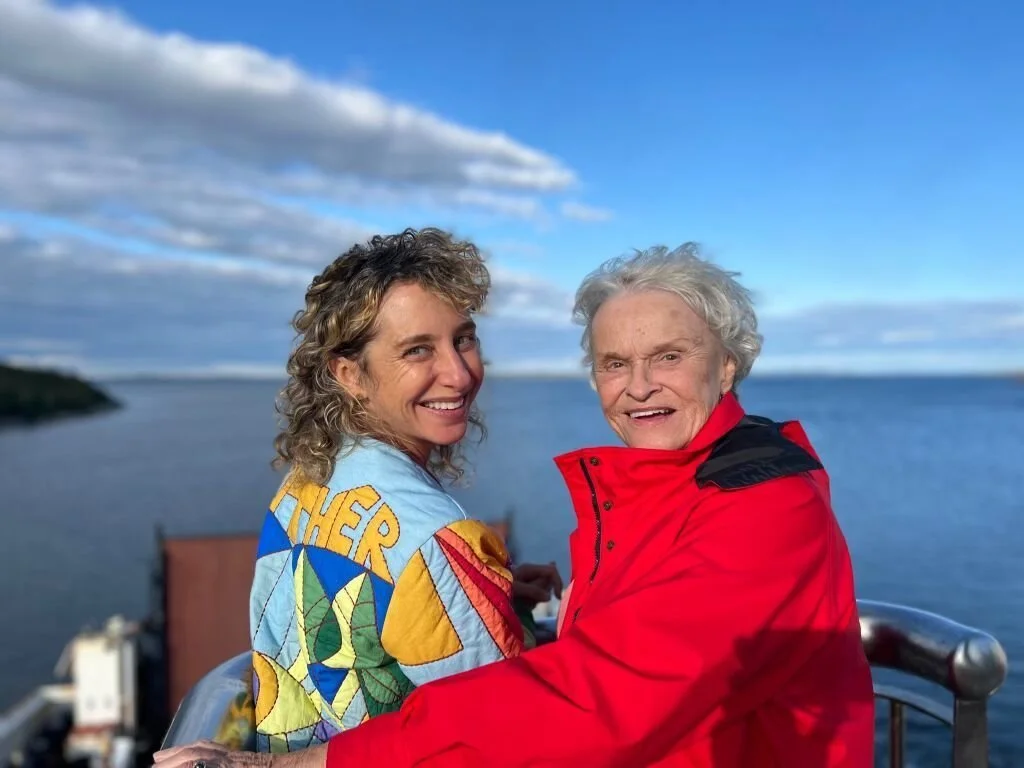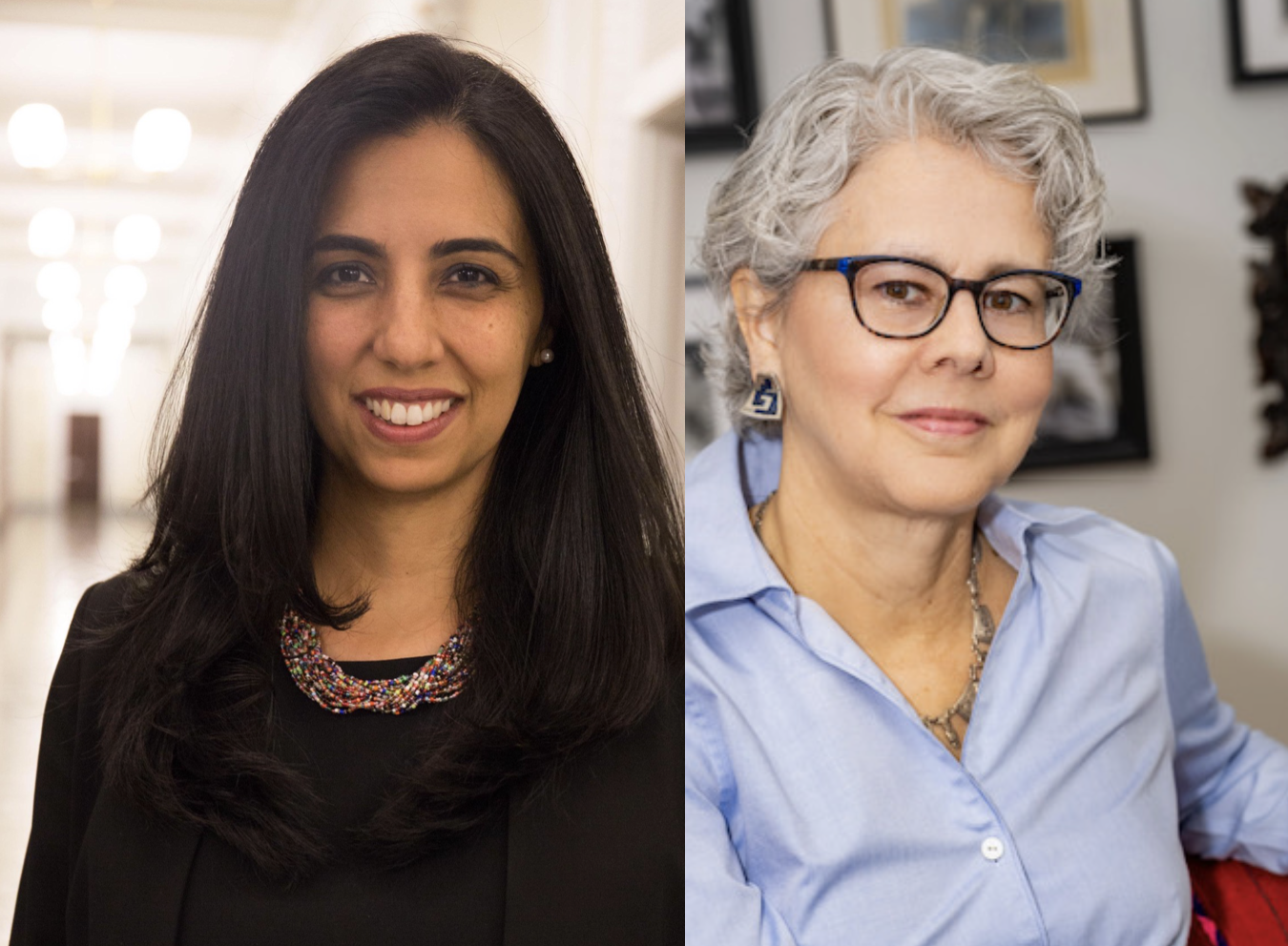Why a Major Climate Funder is Backing Movement Building and Shifting Away from the U.S.
/A protest march in Brussels last month. Alexandros Michailidis/shutterstock
This article first appeared on February 4, 2019.
Oak Foundation is a key player within climate philanthropy, coordinating closely with a core group of other big grantmakers in the field. But Oak’s always been a little different than its peers in the extent to which it’s prioritized movement building.
That means, alongside huge grants to major intermediaries like ClimateWorks, Energy Foundation and their affiliates, you’ll also find millions in past giving to groups like 350.org, labor unions, as well as some grantmaking to support fossil fuel infrastructure battles.
“Mobilization and movement building is very much part of the DNA of our grantmaking. So we think about where there are opportunities to empower those local communities and civil society to create the political mandates,” says Nathan Argent, a climate change program officer with the Geneva-based foundation.
Oak recently made major changes to its climate giving. Most notably, after a few years of pivoting away, as of 2019, the foundation will no longer fund climate work in the United States. Going forward, its geographic focuses will be on making Europe a climate leader and tackling emissions in China, India and Brazil; the foundation also has an emerging interest in Southeast Asia. Oak has also made a pledge to move $250 million over the next five years for climate work.
We spoke with Argent, who joined the foundation in 2016 after working most recently for Greenpeace U.K. and New Zealand, about what sets this foundation’s climate program apart, its current grantmaking, and how it hopes to make an impact in the critical decade ahead.
A Seat at the Table
The Oak Foundation is the philanthropy of Alan Parker, British businessman and accountant who helped build Duty Free Shoppers, along with Atlantic Philanthropies founder Chuck Feeney. The foundation gives around $250 million annually across 11 programs, including housing and homelessness, human rights, issues affecting women, and the environment. The environment program gave $64 million in 2018 to climate change, wildlife and marine conservation.
The foundation’s current climate change strategy has four main focus areas—clean energy and efficiency, sustainable cities, vehicles, and a fourth that’s loosely about creating the conditions necessary to hit global climate targets. That last one includes supporting movements and accountability in implementing commitments made under the Paris Agreement.
“How do we not only ensure accountability and ensure there are mechanisms… to improve that ambition, but also, how do we empower movements to support mobilizations to ensure there's a political mandate for climate action?” Argent says. “So it's not only focusing on the political architecture, but it's the role that people in the community play in demanding climate action.”
Oak was among a set of foundations that were influential in the Paris climate talks, mainly through collaborative campaigns like the International Policies and Politics Initiative (IPPI) and Climate Briefing Service (CBS), as detailed in Edouard Morena’s The Price of Climate Action.
The foundation has also played a role over the years in shaping mainstream climate philanthropy, which, since the 1990s, has taken a coordinated and focused approach to the problem. In 2007, Oak joined Hewlett, Packard, Doris Duke, Joyce and the Energy Foundation in commissioning the report “Design to Win,” which outlined a shared climate philanthropy agenda emphasizing policy and technical expertise, with major goals being carbon pricing in the United States and the creation of a new international treaty. From that report, foundations formed ClimateWorks and a network of affiliated groups to carry out the agenda. While Oak wasn’t initially a backer, it went on to launch affiliated grantmaker the European Climate Foundation, and played a big part in the reshaping of ClimateWorks, following the failures of the Copenhagen Summit and the U.S. cap-and-trade law.
That’s all to say that, while somewhat unique, Oak is part of a core group of large and influential climate funders, with big chunks of money these days going toward the European Climate Foundation (about $11.5 million awarded in 2017), and large nonprofits like NRDC and the Sierra Club.
The foundation continues to support international negotiations, with recent grantmaking supporting the implementation of commitments in the Paris Agreement. In the aftermath of the Paris talks, Oak was also one of a group of foundations that advocated for the Kigali Amendment to the Montreal Protocol, a global agreement to phase out HFC compounds used in cooling appliances. Foundations embraced HFC phaseout as low-hanging fruit in climate mitigation, and seeded a $52 million fund to improve energy efficiency in the process. Oak continues to fund implementation of that program.
Where in the World is the Oak Foundation?
The biggest change currently underway in Oak’s climate giving is a shift away from the United States and Canada, now focusing on climate action in Europe, Brazil and parts of Asia. The foundation made the decision for a couple of reasons, Argent says.
For one, it felt the United States is well served by philanthropy, given that most of the major climate funders are based here. Oak’s current priority areas are also places where with high stakes in terms of future development and climate leadership. Argent notes that the decision was made before the 2016 election and the political fallout.
Related: For a Top Foundation’s Evolving Climate Program, a Growing Focus on China and India
“Whilst we face a number of frustrations in the U.S. with the current administration’s approach to climate, we see there are enormous opportunities elsewhere to move the dial,” Argent says. “So it's really simply a response to where those opportunities are.”
The foundation has been phasing out its funding for work in the United States since 2016, but will still support U.S.-based NGOs that operate programs abroad. Past funding for work in the U.S. had been averaging around $1.5 million annually, and included recent backing for electrification of vehicles and fuel efficiency standards, with grantees like the Center for Auto Safety and the Electrification Coalition.
By focusing its attention on Europe, Argent says Oak hopes it can help the region step into the leadership void left by the United States. Funding in Europe includes vehicle electrification and backing the transition from coal in the European grid. Oak’s also supporting just transition work, an attempt to ensure the transition from fossil fuels serves the working class, through funding for the International Trade Union Confederation.
Transportation is also a focus in China, where Argent sees a lot of promise in the uptake of electric vehicles to transform the global auto market. Oak is working to strengthen government initiatives in the country, including its cap on coal use and the massive transportation infrastructure program known as the Belt and Road Initiative.
One other notable geographic shift in the works is that Oak has begun funding climate work in Southeast Asia focused on development of clean energy instead of new coal plants. Oak hopes to prevent a potential surge in carbon emissions in that fast-growing region.
Policy and Mobilization
One of the most interesting things about the Oak Foundation is its mix of what you might think of as fairly standard, policy- and technical expertise-focused climate grantmaking, along with funding for movement building. Argent says this is very much an intentional focus that starts at the top with the donor.
Funding for climate movement building in general is something we’ve called for a lot more of, and while we’re seeing more examples of such grantmaking from leading climate funders, it’s been a relatively small category of giving (around 8 percent from 2011 to 2015, according to one recent analysis).
Morena, a lecturer at University of London Institute in Paris, outlines in his book on foundations and climate diplomacy that over the years, this emphasis on mobilization and capacity building has set Oak apart from its peers, even as they’ve collaborated. “The Oak Foundation also believes in the need to build up legitimate voices in order to effect momentous change. In other words, Oak values both policy work and capacity building.” As Oak President Kathleen Cravero said in Alliance, “We never bought into metric-driven, treat-it-like-a-business, solve-it-like-a-math-problem approaches to philanthropy.”
Related:
A Bipartisan Climate Campaign Lands Another Big Gift. But Will It Fly?
A Funding Effort to Build a Stronger, More Diverse Climate Movement
One area where we’ve seen this is around opposition to fossil fuel infrastructure, including around $4 million in recent grants to 350.org and its work to “keep fossil fuels in the ground.” Oak also supported opposition to the Keystone XL pipeline and Canadian tar sands development, and while it’s moved away from North America, it is still working with Oil Change International to identify other fossil fuel infrastructure threats, Argent says.
Another foundation initiative in the works seeks to build more ground-level support for climate action proposed in cities, Argent says. “Much of the work that we've seen in cities, and those ambitious commitments by mayors, has been at the top level. So it has been at the mayoral or the city hall level. What we're looking to do is a build movements around progressive, political ambitions.”
One major challenge I see for a foundation like Oak is whether it can be sure its support at the ground level is actually serving, if not following the lead of, the people closest to the problem—particularly marginalized communities. Well-meaning grantmaking can sometimes fail to connect authentically with or yield power to communities in the execution. How to be sure money and power are making it to the right people?
Related: "We Get the Crumbs." How Foundations Overlook Climate-Vulnerable Communities in the South
Large funders moving millions of dollars will often distribute such grants through a pass-through grantee, which can become another gatekeeper. This is one reason large funders are often criticized for giving mainly to a handful of big NGOs or regranting institutions.
"I think that's a fair criticism,” Argent says. Oak relies on organizations like the European Climate Foundation to disburse grants to a large number of other groups, and he says such mechanisms get them closer to the network of local organizations working on these issues. “Because some of that decision-making is outsourced, those who don't benefit from the funding through that mechanism feel that they're somewhat overlooked, and that is a challenge.”
These are power dynamics of which Oak is well aware, Argent says, and they’ve worked to follow a process of “co-creation” with grantees in an effort to make it less top-down. “We're learning with each engagement,” he says. Challenges aside, it’s something he hopes more in the sector will take on.
“I think [philanthropy has] focused very heavily on policy and technical solutions, and we certainly feel that more money and resources should be made available to support those movements, to bring the strength and diversity that we really do need.”


